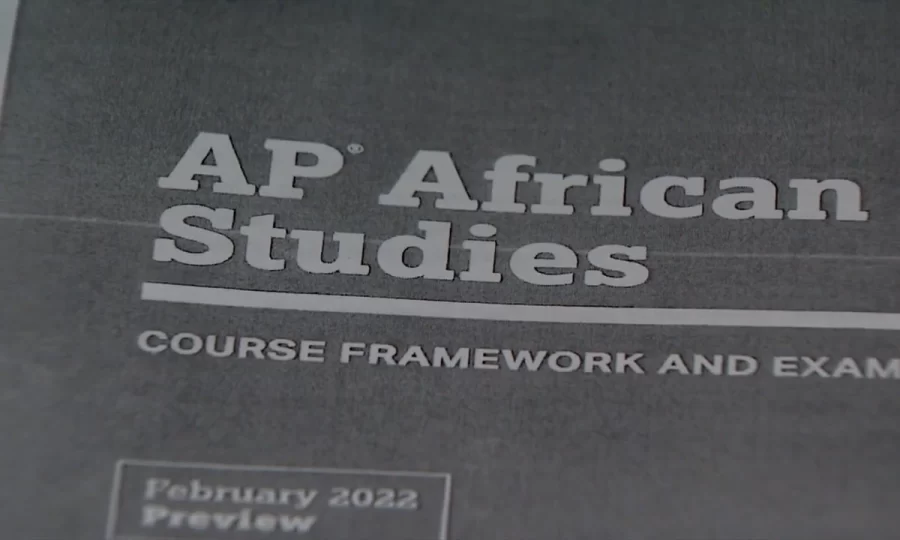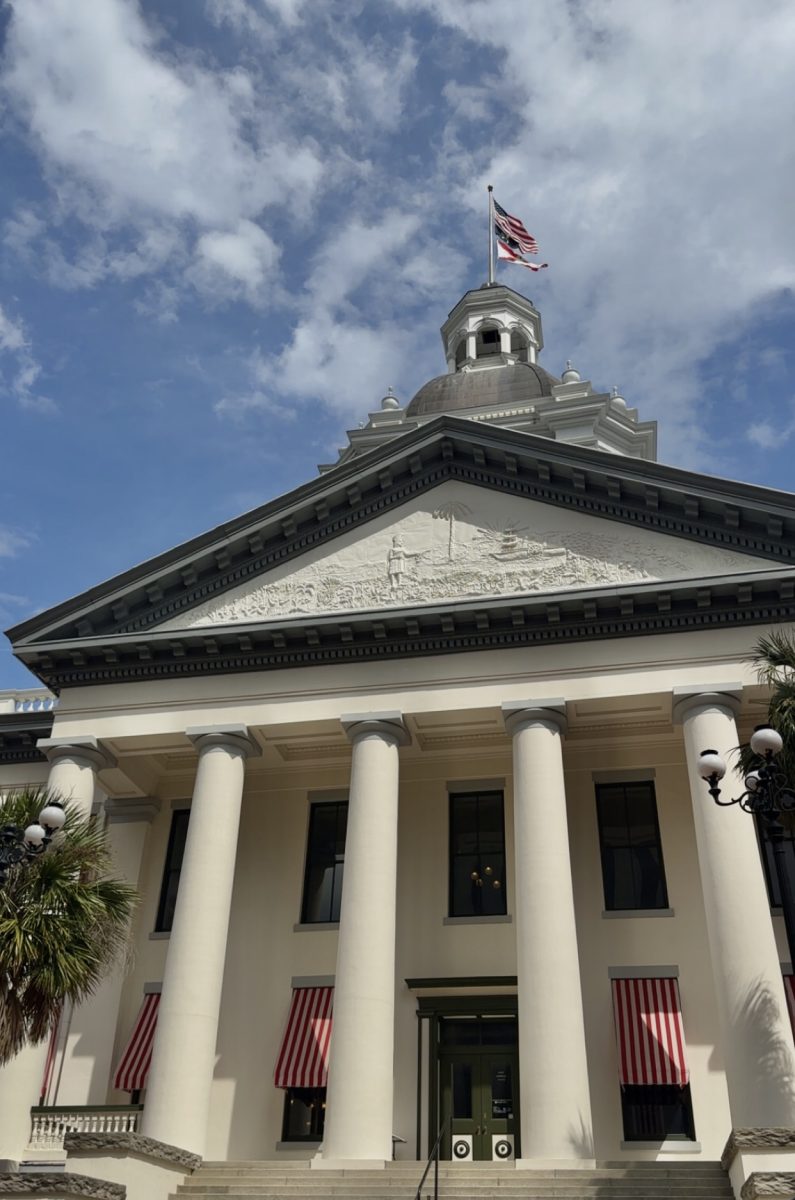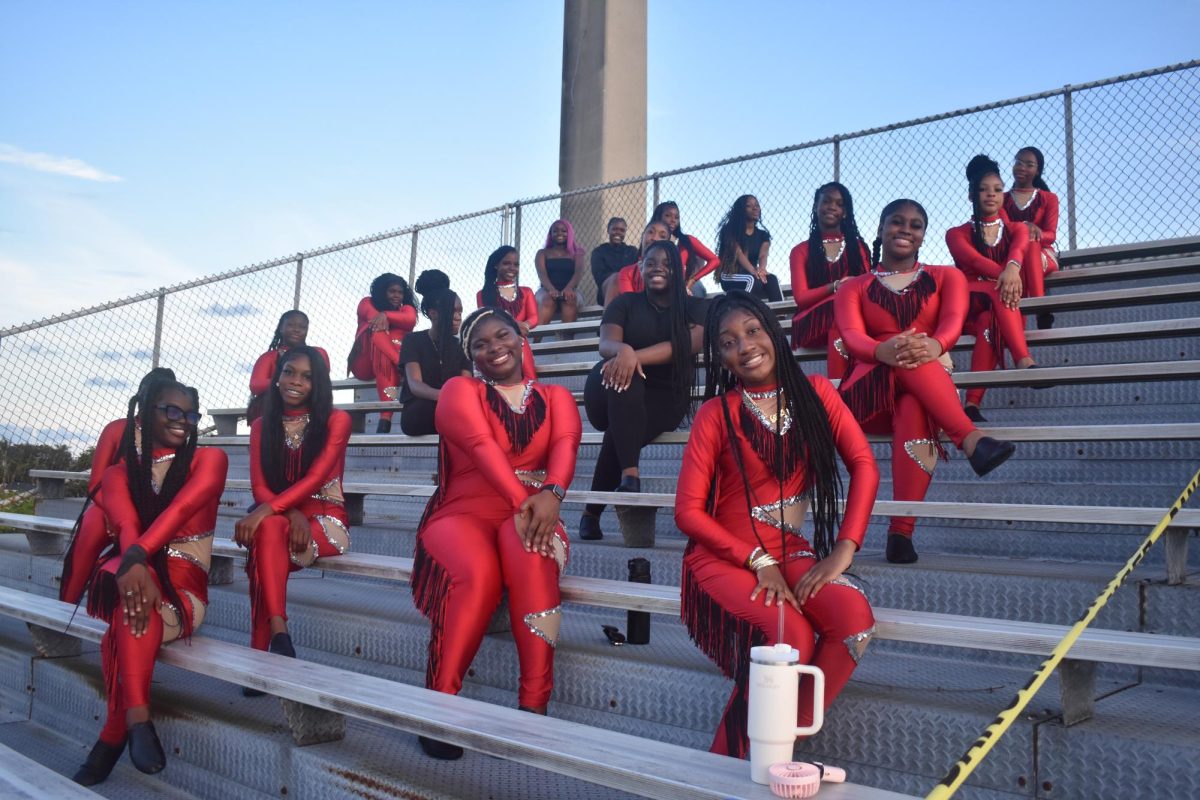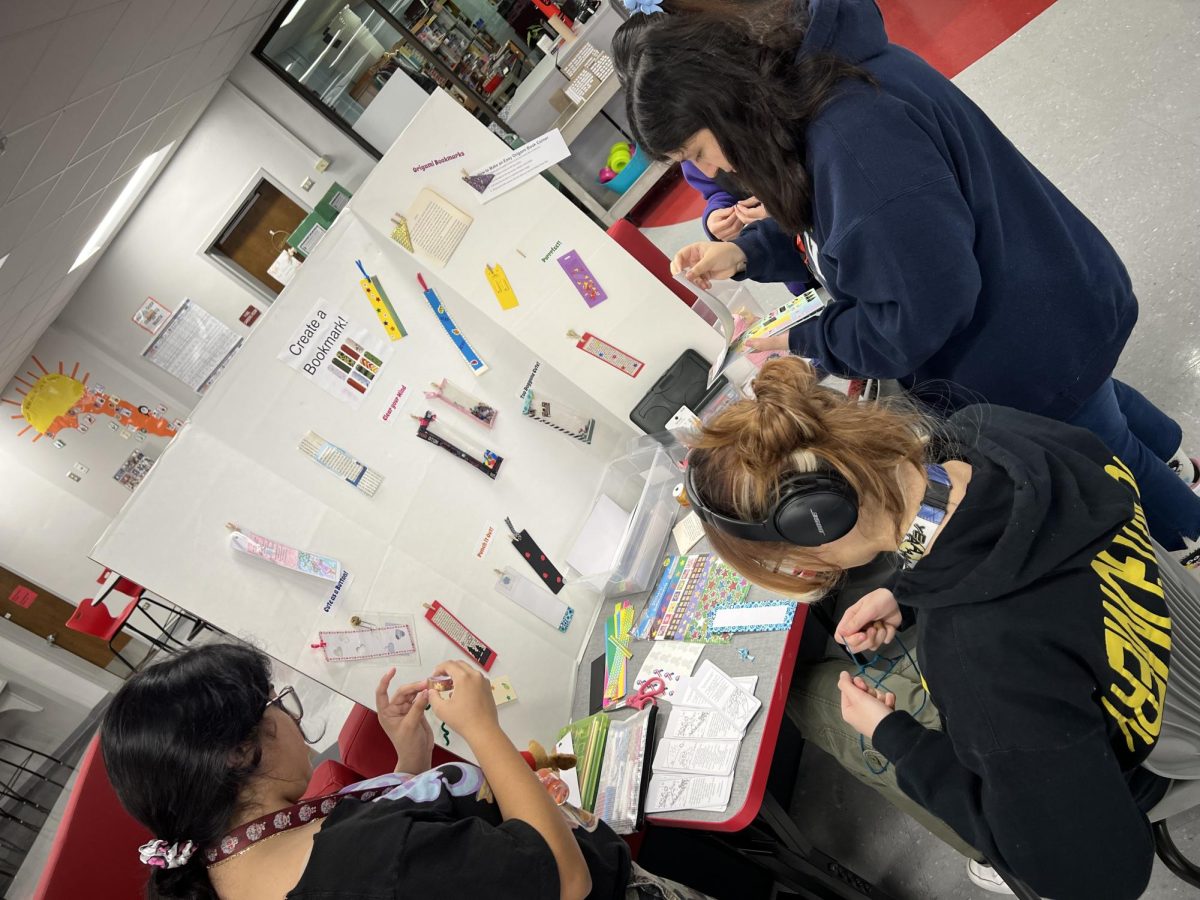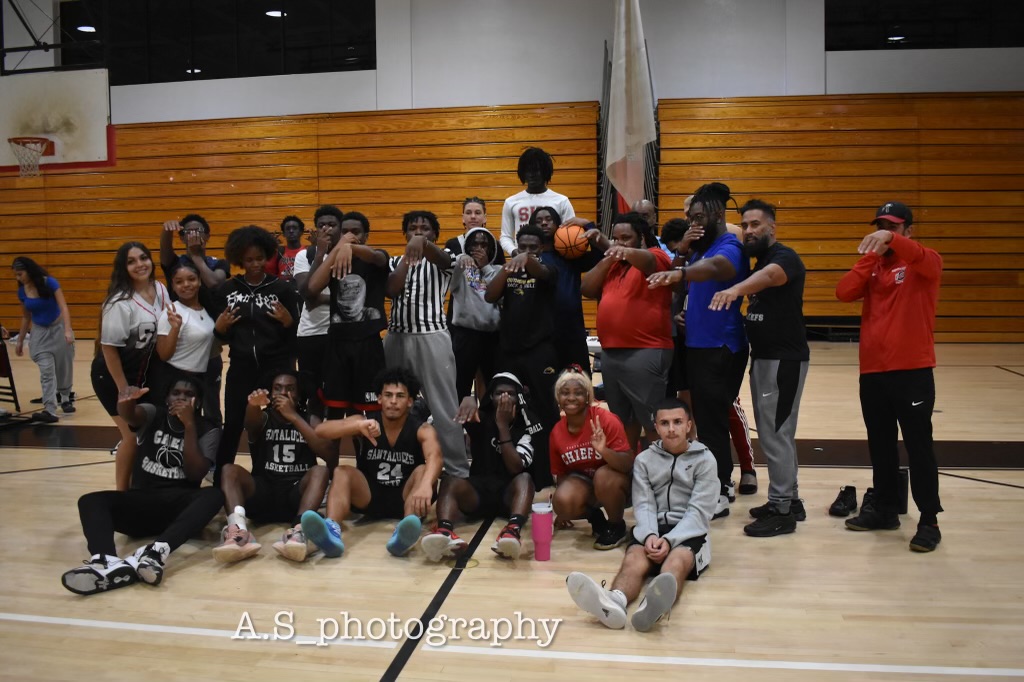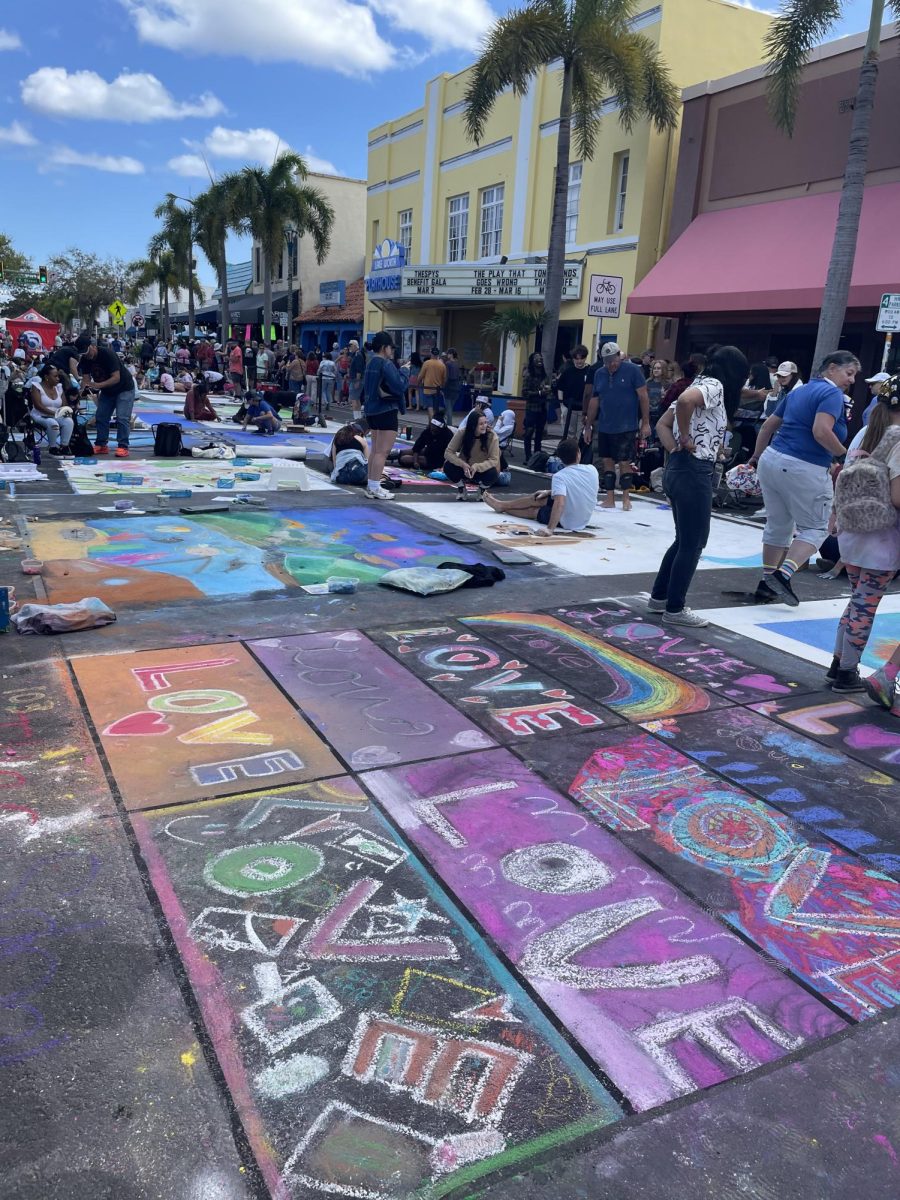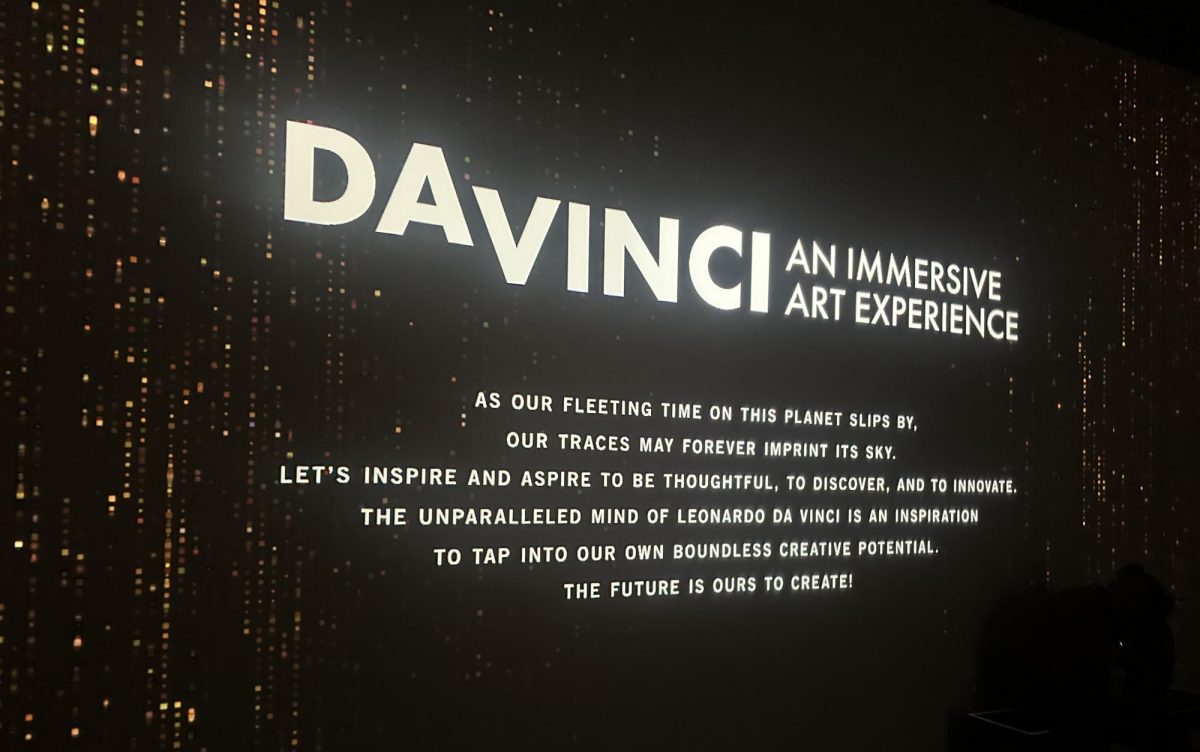The College Board, responsible for administering all AP classes, has planned to provide a new course covering the history and topics crucial to the African American Community across the nation. It would cover areas such as Black culture, Civil Rights History, and controversial issues like Black Political Movements and Black Queer Studies.
However, Florida Governor Ron DeSantis has pushed back against this course and have denied Florida students the privilege of learning the rich history, culture, and successes of the African American Community by prohibiting the class. The state released its concerns, which all concentrated within Unit 4, titled “Movements and Debates.”
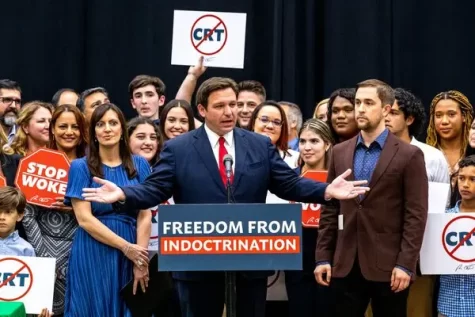
Concerns focused mainly on the possibility of Anti-Capitalist rhetoric and Queer Topics, an area DeSantis is notorious for having strong negative feelings for through past legislation. One example is the infamous HB 1557 bill, otherwise known as the “Don’t Say Gay” bill, to suppress discussions of queer sexuality and gender identity in the classroom.
As for the Anti-Capitalist rhetoric, a former draft the state sent to the news station CNN includes objections against the involvement of the “Black Panther Party (BPP)” within the course. According to this draft, the BPP’s goal was to “fundamentally change or overthrow the government.” It also condemned this part of the course material due to its ties to Marxism-Leninism.
If this were the main reason for the state’s opposition, it would be quite ironic and suppress students’ rights to the First Amendment, denying them access to valuable information on different economic systems through an unbiased perspective. It also implies Black Activism is equivalent to tyranny against American values, which is suspicious considering the discriminatory ideals of our current government and systems.
The paper also denounces the inclusion of reparations for the atrocities disposed against the African American community throughout the United States’ reprehensible history. Atrocities like slavery, segregation, political suppression, and other oppressive acts. The state claims this is because it lacks “critical perspective or balancing opinion.”
These criticisms also coincide with efforts to prohibit “Critical Race Theory” and Diversity programs in Florida universities.
In response to these criticisms, College Board has decided to strip crucial elements of the course materials in a disappointing start to Black History Month.
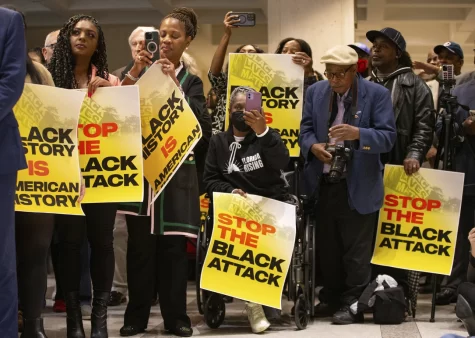
In an official list of the final course materials, concepts that concerned opposers were removed, such as the idea of intersectionality, acknowledgment of the Black, female experience, and Queer Studies. The course also erased the names of prominent Black scholars and references to the “Black Lives Matter” Movement and expunged materials concerning the Criminal Justice system and abolition. The official course also decided to add the topic of “Black Conservatism” as an option for a research assignment.
While this updated curriculum does regress from the potentially enriching experience of the original draft, it still does an excellent job centering on the achievements and underrepresented history and struggles of the Black Community. It delves into issues relevant to this day, like redlining and the treatment of Black veterans. It still gives significant notice to the art, literature, and scientific progressions as a result of influential African American figures.
Discussing United States history in a non-partisan manner is a precarious path, as politics and, unfortunately, oppression are crucial to the foundation of America as it stands. When we learn about the revolutionaries and progressives of a century ago in our AICE History and APUSH classes, we don’t apply it to the modern day, most likely because we aren’t given the opportunity.
Among the most important historical voices were those with radical ideas for the time. To prevent repeating history and pursue social, political, and economic progress, we must learn the ideas of these figures and apply them to a modern-day context. By watering down an uncensored curriculum, we are prohibited from furthering our education to pursue social justice for marginalized groups.

